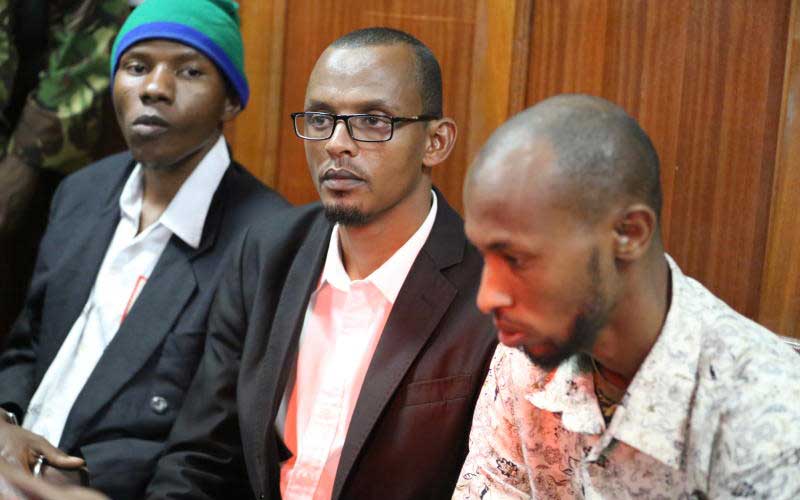×
The Standard e-Paper
Kenya’s Boldest Voice

Failure to act on prior warnings about an impending infiltration and attack of Garissa University College by terrorists facilitated the 2015 raid by Al Shabaab.
Information on how Kenya’s security agencies failed to act on intelligence that the Somali-based insurgents were plotting an attack emerged in a judgement by a Magistrates Court in Nairobi.